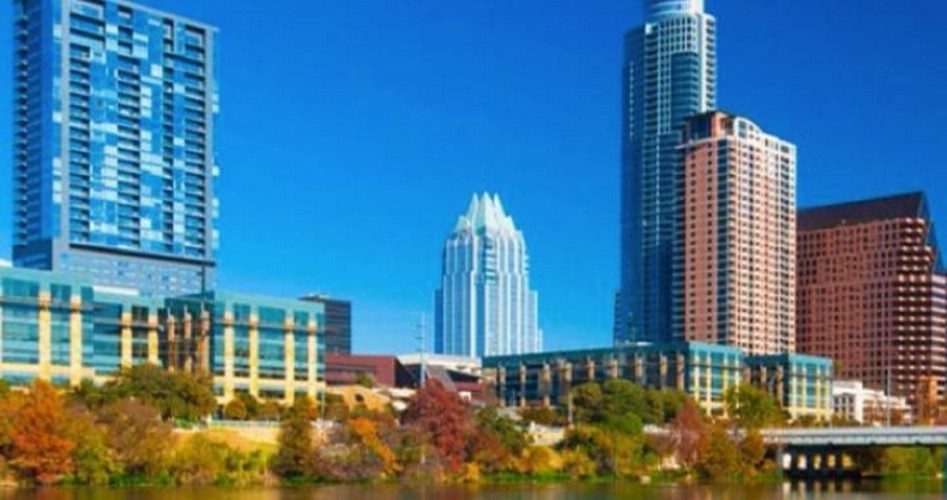
On Thursday, June 14, the City of Austin, Texas, declared itself the state’s first Freedom City. The city council voted unanimously for two resolutions specifically worded to assist illegal immigrants in avoiding detection by federal authorities.
Austin had been looking to become a so-called sanctuary city, but since Texas has banned sanctuary cities, it took its war against the Border Patrol and the Immigration Control Enforcement Agency (ICE) a step further, passing resolutions 73 and 74.
Resolution 73 requires Austin police to issue citations rather than make arrests for class C misdemeanors such as marijuana possession or driving without a license. This resolution is meant to address an alleged racial disparity in dealing with such crimes in the city. An audit of Austin police records show that 75 percent of people arrested for driving without a valid license were either Hispanic or African-American, even though those ethnic groups comprise only about 45 percent of Austin’s population.
Resolution 74 requires Austin police to tell suspects that they have the right to deny an officer’s request for immigration status information. This resolution is a direct response to Texas Senate Bill 4, which was adopted in early May. Senate Bill 4 looks to essentially ban sanctuary cities and bar cities from implementing policies, such as the two Austin resolutions, which prevent local police from asking about or reporting immigration status of detainees to federal authorities.
More than a hundred people spoke in favor of the two resolutions at the council meeting. The resolutions were cosponsored by council members Gregorio Casar, Delia Garza, Ann Kitchen, Mayor Steve Adler, and Mayor Pro Tem Kathie Tovo. Council member Casar shepherded the two resolutions through the council.
“[The two resolutions] help us direct our police resources to more serious public safety issues than low-level offenses,” Casar said during a press conference. “They make sure more members of our community, especially immigrant members of our community, know their rights.”
But not only do the resolutions tie the hands of the police, they also foster a growing anti-police sentiment in the city. Ken Casaday, president of the Austin Police Association, believes that council member Casar is using faulty and misleading data to justify the resolutions. He told KVUE in Austin, “We believe the numbers have been skewed intentionally by Greg Casar to make the officers of the Austin Police Department look like a bunch of racists, which is absolutely a bunch of b.s.”
Even the NAACP realizes that these resolutions are nothing but empty gestures. “We appreciate the gesture and the idea,” said Nelson Linder, president of the NAACP’s Austin chapter. “This city has a history of symbolic overtures, but has been inconsistent in providing the kind of leadership that will implement its own resolutions.”
In the background of all of this is the so-called crisis at the border, where children are being separated from their criminal parents because of a Ninth Circuit Court of Appeals opinion that illegal immigrant children cannot be held in custody for more than 20 days. Democrats and the mainstream media are playing wildly on this, portraying President Trump as child-hating monster and America’s immigration laws as racist.
So of course Austin liberals wish to be seen as different from all that. They want the city to be portrayed as friendly — a haven for immigrants legal or not. That is the reason for these law-loathing and cop-hating resolutions.
With these resolutions, Austin is signaling that how they look to the liberal world is more important to them than the law. The city council’s social-justice-warrior actions are about branding the city as different from the rest of Texas (and most of America, for that matter), in that it values intersectionality and “protection” of victim groups over individual responsibility and law.
In the grand scheme of things, Austin’s new “freedom city” declarations do nothing for the immigrant and African-American population in the city. They harm only the police. Austin is a growing city that already suffers from a dearth of police officers. Resolutions such as these certainly will not help.
Image: Screenshot of website austintexasgov




